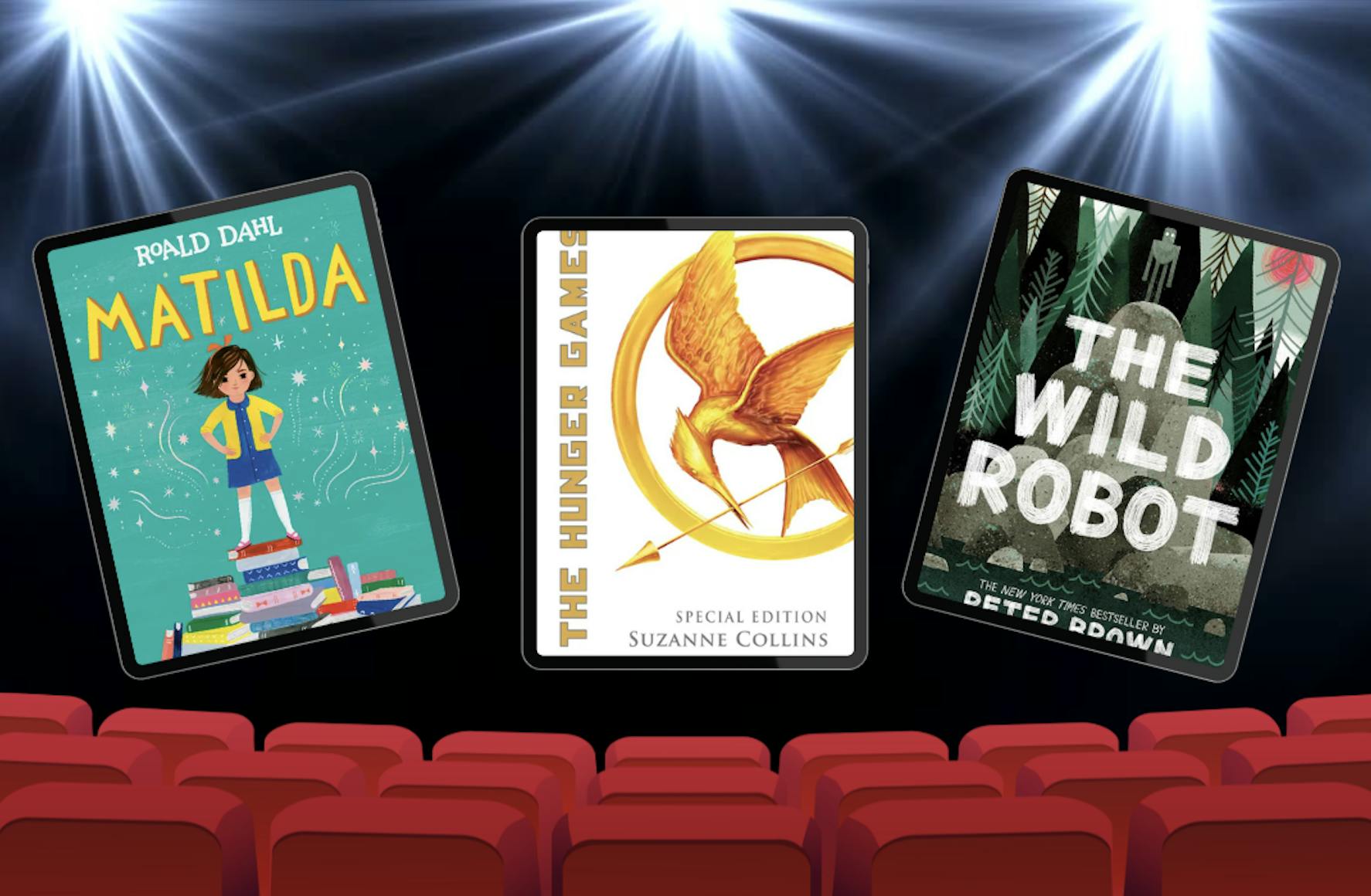June 13, 2025
The Book Was Better, But Why?

We’ve all heard it, or even said it ourselves. It’s not uncommon after watching a film adaptation of a classic novel or favorite story to hear, “Well, the book was better.” Beyond personal preference or missing plot details, there’s another reason this statement rings true. Reading and watching are more than separate entertainment experiences. They activate our brains in fundamentally different ways, and studies suggest that reading is a deeper and more stimulating practice (Horowitz-Kraus, Wang, Kurth, Pearce, & Rappaport, 2024).
Reading, especially fiction, engages areas of the brain responsible for language, imagination, and emotional processing. A 2024 study published in PNAS Nexus by Horowitz-Kraus and colleagues found that reading in early adolescence is directly linked to stronger brain development, particularly in regions tied to language and executive function. In contrast, movies, social media, and television not only lack those developmental benefits but can actually undermine long-term language growth.
And it’s not just children who benefit. As highlighted by the Greater Good Science Center, good books immerse readers of all ages in a mentally demanding process. When we read, we imagine scenes, empathize with characters, and interpret complex language. Watching a story unfold onscreen provides these experiences more passively, leaving less work for the imagination.
That doesn’t mean film media lacks value. Movies and television offer a unique form of storytelling through visual and auditory elements, including the intense emotional power of music and performance. Watching a film is also a more restful experience, and unlike most reading, it can be easily shared in a group. In a balanced media diet, visual storytelling offers many meaningful benefits (Greater Good Science Center).
Still, the active brain engagement involved in reading, including imagination, visualization, and the deep attachment that forms as we track a character’s internal world, creates a richer, more nuanced experience. Books often provide greater depth and insight, while films and television must work within time constraints and the limits of visual interpretation (Indiana University).
Both reading and watching hold value, but visual media is ultimately constrained by fixed interpretation and a passive format. Reading boosts empathy, strengthens language skills, and keeps the brain stimulated while drawing us into immersive, enduring narratives. So when someone says “The book was better,” they might be recognizing something their brain already understands. Reading doesn’t just tell us a story, it invites us inside one.